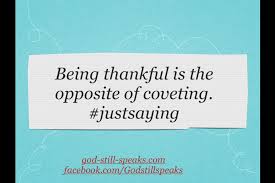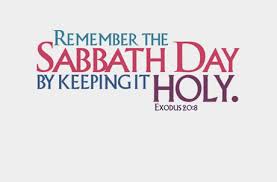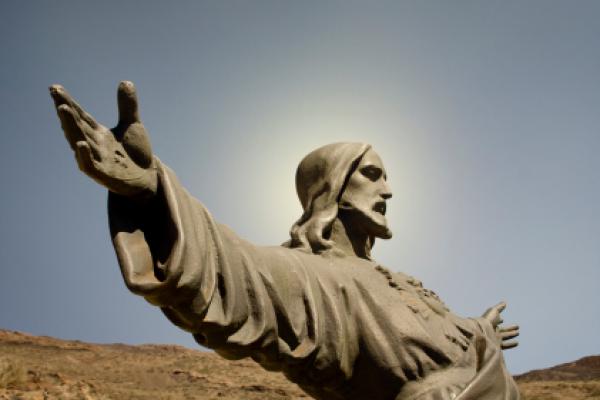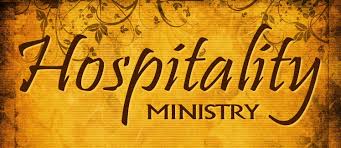The Trouble With Wanting
The Trouble With Wanting
“You shall not covet your neighbor’s stuff.” Exodus 20:17-18 (paraphrased)
One sign of maturity is knowing when enough is enough (and when too much is too much). People who have recently moved or are contemplating moving in the near future become very aware of just how much stuff they have. On moving day and for the weeks and months that follow, all that stuff is often more burden than blessing!
The fact that even lower income Americans have too much stuff while lacking many essentials is a sign of a culture that makes stuff readily available to us and encourages us to be sure to get our fair share, while forgetting much of what is most important in life.
Coveting is the practice of “unhealthy wanting.” It is not wrong to want or need things you don’t have. But when this gets out of proportion it can be life diminishing. We begin to think, “If only I had… then I would be really happy.” Usually it is a lie and often coveting encourages us to pursue unhealthy ways of getting it. Many of the things we do that are not life giving are motivated by pursuing things that we shouldn’t be pursuing.
Two things to consider this week:
- Look through your life and the things you “want.” Are any of these motivated by something unhealthy? Work on refocusing.
- Go through your “stuff” and assess if there are some things you don’t need. Can you set 5 items aside to give to someone else? Doing this each week would reduce the things in your home by over 250 items in one year!
Coveting encourages us to put our happiness in the hands of other things and people (as yet out of our control – how dumb is that?). Faith encourages us to be thankful for the things we receive from the God we meet in Jesus.









